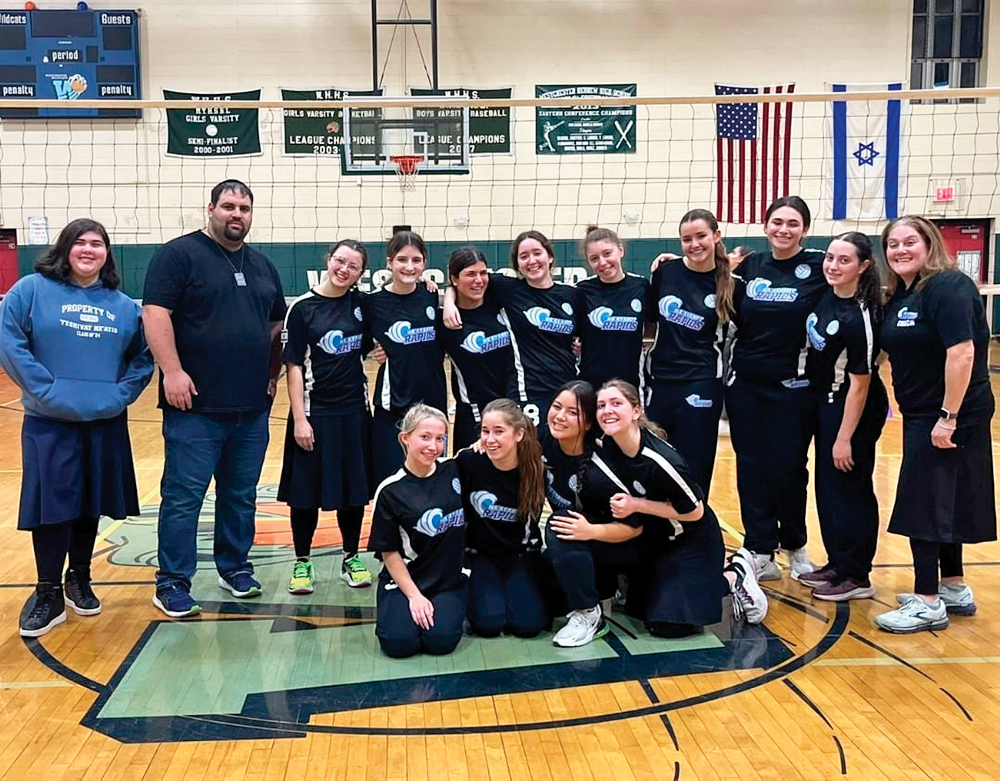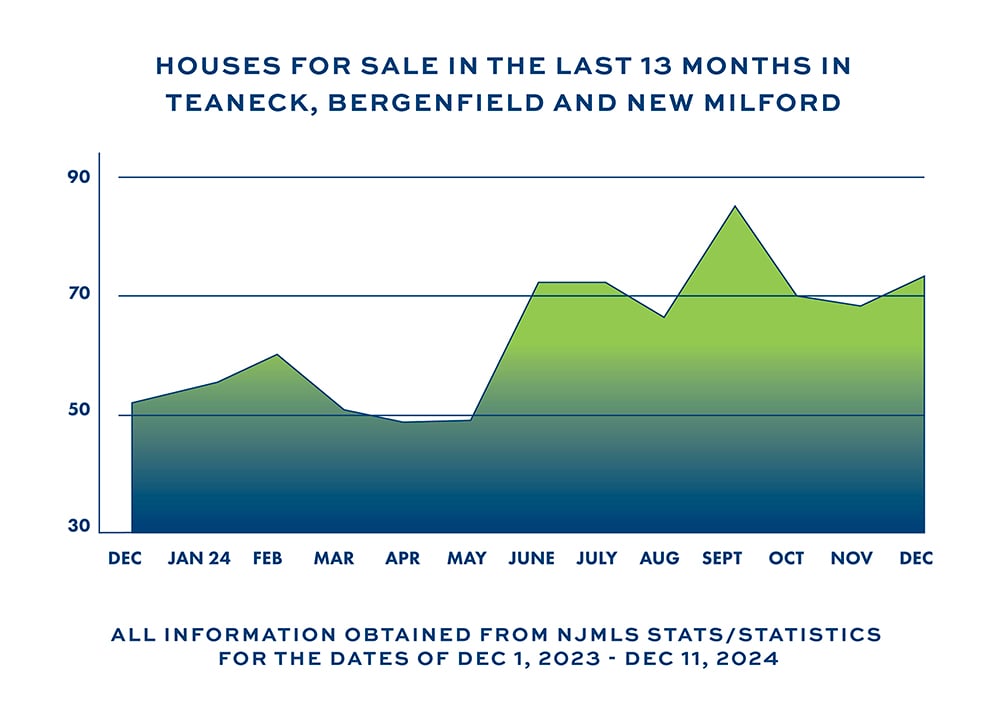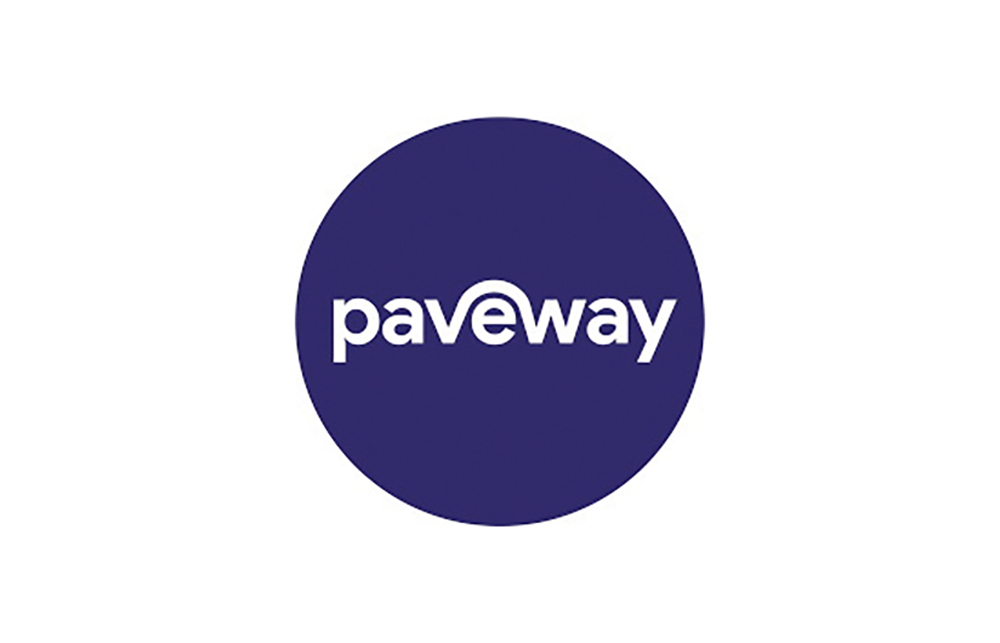
There is a phrase we use in the mental health world: it’s “The Whack-A-Mole” phenomenon. This happens when an individual experiences some type of addiction, works through the addiction, and then moves onto another vice. For instance, a man battling substance abuse may experience sobriety but then begin gambling. I was working with a client who at one point said, “Wait, when did I become an alcoholic? First an eating disorder, now this? I’m just trying to numb the pain.”
And this is one of the key purposes of therapy: getting to the heart of the issue. I’ve met too many people suffering from an eating disorder who have said, “There really isn’t anything deeper than the fact that I want to lose weight and look skinny.” And yet, an eating disorder can be defined as a psychological coping mechanism. The person should not be doubted on the truth of that statement: a main symptom of anorexia is an intense fear of gaining weight. Those who suffer from bulimia and binge eating disorder tend to also experience negative body image and have a desire to look a certain way.
I can recall defining a day as good or bad by my symptomatic behavior and weight when suffering from an eating disorder. The disorder was my coping mechanism when dealing with loss, fear, abandonment, and pain. I had been battling feelings of depression for two years and right before my anorexia diagnosis, I had come to a crossroads in my life. I was beginning college while most of my friends were in seminary and I had been dealing with some social disasters as well as battling age-old fears about death and growing up. My coping mechanism? To essentially stop in my tracks.
I manipulated my body so as to not look older. I didn’t do this consciously, but after years of therapy I learned that my anorexia had been bound to develop. There had been years of incidents and events and simply emotions that harvested the seed of its development. I suffered from anorexia not as a choice, but because I was sick and because I had no way of properly dealing with all the difficulty that I faced.
An essential part of my recovery was learning that my body perception, sense of hunger and fullness, and dislike of my appearance and myself were not the core problems. I needed to address and process what feelings or events led me to these behaviors. Then, I needed to replace the negative and unhealthy behaviors with proper coping mechanisms. Part of this process included living a full life, a feat that I felt was impossible and too risky.
In one of my earlier pieces I spoke about how to cope with tragedy and loss. We can either use a vice—alcohol, drugs, money, food, etc.—or we can process while moving forward with healthy coping mechanisms and self-care.
The vices seem to be easier, though they don’t strike everyone. One not susceptible to these tendencies may feel that suffering from an addiction is hard work or that choosing a vice would seem to be more difficult than choosing to do something healthy. But there is something that is important to understand: these are not real choices. I did not choose to have an eating disorder; it developed within me psychologically, physiologically, emotionally, and within my brain patterns. This is why it took years for me to learn how to act in a healthy way and not base my reality and happiness on weight, appearance, or calories, as they were only the mask of what was truly troubling me.
I write this article to beseech you to think of healthy coping mechanisms that work for you. Often in the moment or stress, pressure, pain, etc., it is easy to forget the healthy ways to deal with the issue and instead overeat or have too much to drink or spend a little too much while online shopping. Rather, we must have these coping mechanisms in our back pockets to reach for when the moment strikes. Some people find that busy tasks such as reading, doing a puzzle, or knitting are helpful in these moments. And others do not feel satisfied with these behaviors and instead turn to deeper behaviors such as charity work, meditation, chesed, or simply a hobby that will keep them active.
When I began my journey toward recovery, I busied myself with jigsaw puzzles and books. Over time, though, it became evident that this was not enough, that I needed to cope by doing something deeper and more fulfilling. My father, knowing this, insisted we begin doing chesed together. I was not happy about the idea, simply because I was so introverted and consumed by anorexia. But I agreed, and these moments of chesed took me away from the demonic voice in my mind. I also went back to school and started fencing. But the true coping mechanism that helped me in my final stages of recovery was learning to turn to friends when something was wrong; until that point I had long forgotten how to reach out and instead turned all the negative feelings toward myself.
The process of recovery and therapy taught me that to deal with any issues I would need to find a way to express myself and process my emotions. I learned that after a breakup, I could spend time with my family and friends, being silly, and not just overeat tubs of ice cream or skimp out on meals.
I recommend finding these coping mechanisms and using them not only in times of strife, but as a healthy, productive way of taking care of your soul. By encouraging this behavior we can show those around us that vices are not the only way to cope and that just as we hope they will support us when things are difficult, we will support them.
By Temimah Zucker












